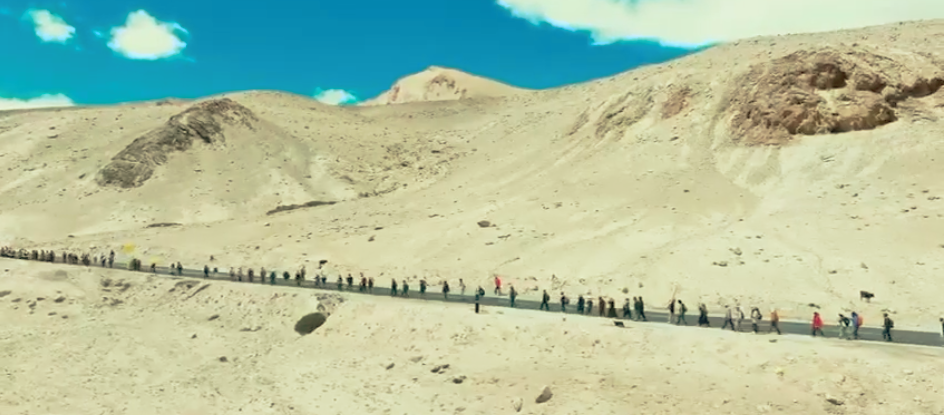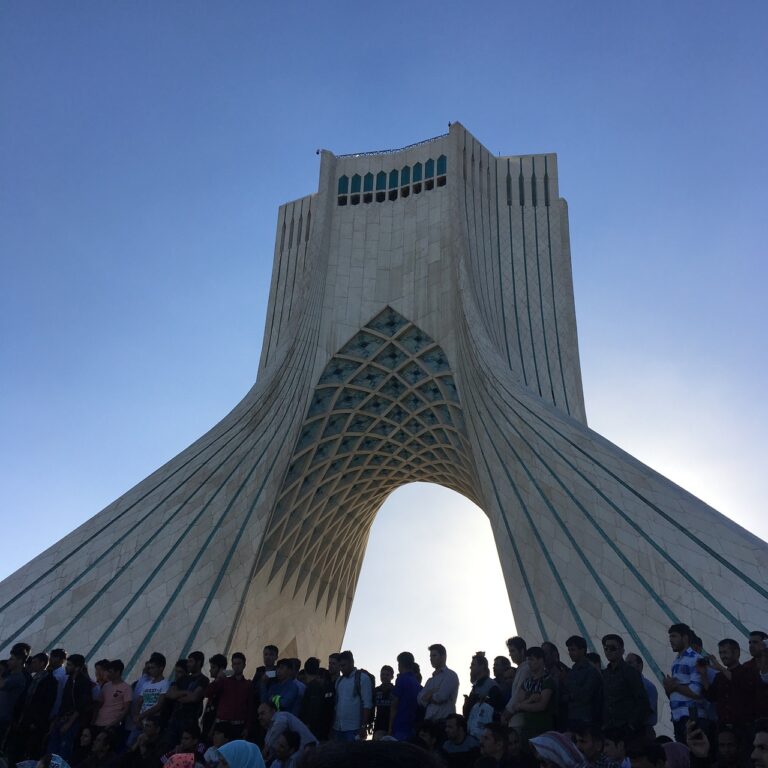
The indigenous tribals of Ladakh are on a month-long 'climate march' from September 1 to October 2, 2024.
In Changthang in Ladakh, shrinking grazing lands impact the livelihoods of nomadic indigenous tribals Changpas, who rear the world-renowned Pashmina goats. Adding to their struggles, they claim parts of their lands have been occupied by Chinese forces, further limiting resources.
Now the indigenous tribals of Ladakh are on a month-long ‘climate march’ that began on September 1 and will conclude on October 2, 2024, coinciding with Mahatma Gandhi’s birthday, to draw the attention of the world to their plight because of climate change.
The Leh-Ladakh region has been experiencing the impact of climate change such as rapid glacier loss, erratic snowfall, sudden cloudbursts, and flash floods. Climate change has worsened their situation, with Ladakh’s glaciers rapidly receding, leading to erratic weather patterns, flash floods, and water shortages.
Villages like Kulul are regularly hit by flash floods and glacier depletion, forcing residents to migrate and become climate refugees. The region, which relies on minimal annual precipitation, is seeing its vital glaciers disappear at an alarming rate.
Kashmir — whose ecology is interconnected with Ladakh — has also seen climate-change impacts. Haphazard infrastructural development, the absence of a sensitive environmental policy, disregard for local knowledge, and decisions made by people without a stake in the region spell doom.
The 21-day “Climate fast” by Ramon Magsaysay awardee, engineer, educator and activist Sonam Wangchuk in March 2024 drew attention to the fragile ecology of Leh-Ladakh and the rights of local people over nature as development projects made a beeline after Article 370 was read down in 2019.
Sonam Wangchuk has been advocating urgent conservation measures in the region. He is also part of the month-long march of the tribals. His initiatives, like passive solar-heated buildings and ice stupas, are designed to adapt to climate change but are meant for subsistence.
Now, large-scale commercial projects, including mining, solar, and wind plants, are being planned without input from locals, jeopardizing the region’s sustainability.
Wangchuk’s hunger strike and the protests of locals have brought attention to Ladakh’s ecological crisis, calling for policies that protect both the environment and the indigenous communities.
Ladakh risks becoming another ecological disaster zone, similar to Shimla or Sikkim without immediate intervention.
Thousands have now joined Wangchuk in day-long fasts and in mass protests in the Ladakhi capital to call on Prime Minister Narendra Modi’s government to designate Ladakh as a “tribal area” under a provision of India’s constitution, which would guarantee local autonomy over land use and resource management.






